Online event
Space Supply Networks: An Engineering Grand Challenge for the 21st Century
“Earth is the cradle of humanity, but one can’t live in a cradle forever, space is the next frontier” soviet rocket pioneer Konstantin Tsiolkovsky.
The 5th edition of the Engineering for Research Symposium was insightful, highlighting the challenges of the space supply networks of the near future. It has offered a measured exploration of the possibilities and challenges in our pursuit of space exploration and economic development. The symposium webinar was attended by 150 attendees worldwide and 7 external speakers enlightened the audience with their wisdom and experience.
Why Space Supply Networks?
In recent years, the development of reusable launch vehicles has rekindled interest across sectors like telecommunications, tourism, rare earth metal mining, and planet colonization, leading to increased discussions on the 'space economy.' Yet, achieving a space economy hinges on understanding the necessary supply networks.
Imagine a space where we have the infrastructure for fuel stations, space warehouses, garages, research centers, mining facilities, manufacturing plants, energy harvesting stations, supply depots, and accommodations for both crewed and uncrewed missions — it may seem and probably is an enormous challenge.
In fact, according to the definition provided by the US National Academy of Engineering, we believe building space supply networks constitutes an Engineering Grand Challenge for the 21st century. One that requires collective effort across multiple advanced engineering disciplines, including energy harvesting and transmission, material science and engineering, machine manufacturing, robotics, computing hardware and software, and artificial intelligence.
Key takeaways from the symposium
Space supply networks are one of the engineering grand challenges of the 21st century
The reusable rockets have opened a new window of opportunity for various commercial players in space operations, including exploration, mining, travel, and settlement (For example, more than 560 private organizations supplied the necessary equipment and components for Chandrayaan 3 mission of ISRO)
Bio-inspired robotics will play a crucial role in future space missions. Proper logistics planning will make the missions successful and long-lasting
Space supply networks are ever-growing and will become the backbone of future human colonies in outer space
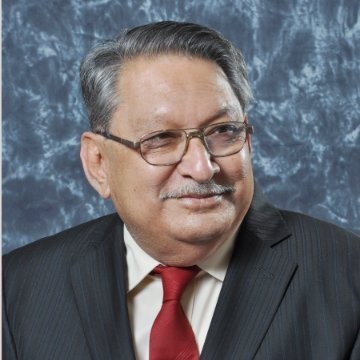
Inauguration
Padma Shri Dr. Pramod Kale, former Director, VSSC, and founder member of ISRO’s Thumba Equatorial Rocket Launching Station, inaugurated the symposium with his enlightening speech.
Santosh Mahale, Director of Thoughtworks e4r welcomed him to the event.
Overview of the sessions
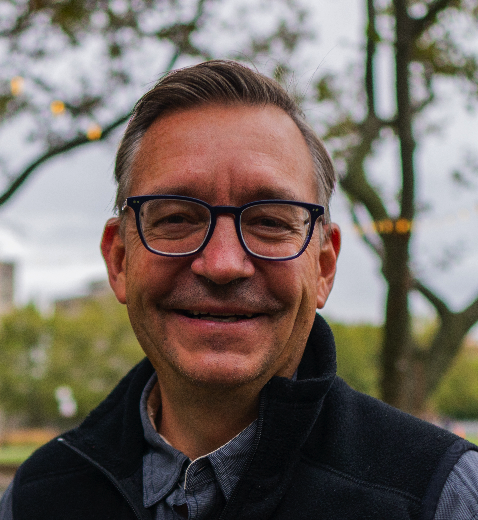
Space-Logistics: Enabler of the Final Frontier 1950–2050 by Dr. Olivier de Weck (MIT, USA)
Dr. Olivier de Weck is the Apollo Program Professor of Astronautics at the Massachusetts Institute of Technology, where he is the director of the Engineering Systems Laboratory. Dr. Weck described the supply chain design and analysis for space systems. He urged the users to use the SpaceNet modeling and simulation tool developed by MIT to model space exploration from a logistics perspective. Then he explained the latest project at MIT, the orbital reef. It is one of the commercial space stations under development. He explained that MOXIE, the rover on Mars, was the first of its kind to produce oxygen on Mars.
He concluded with the message that there is a paradigm shift from a mission-centric approach to a network-centric approach in space, and humans will rely on ISRU along with nuclear thermal rockets as propulsion.
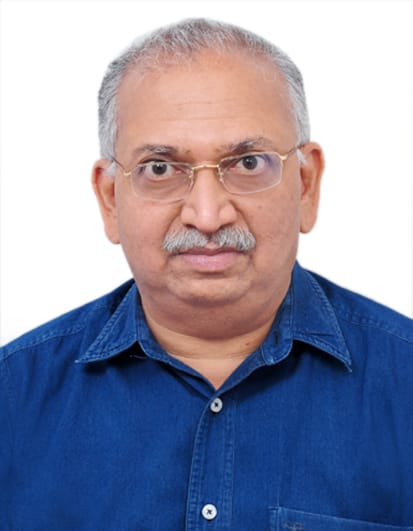
Space Supply Requirements for Mars Missions by Mr. R.V. Nadagouda (ISRO, India)
Shri. R.V. Nadagouda is the Deputy Director, Integration and Checkout Area (ICA) at U. R. Rao Satellite Center. He discussed the challenges to a sustainable space supply network: in-orbit servicing, in-space manufacturing, communicating and navigating, space traffic control, and space debris management. He suggested a collaborative mode of working to make space access economical, viable, and faster. His talk provided the necessary foundation for the rest of the symposium.
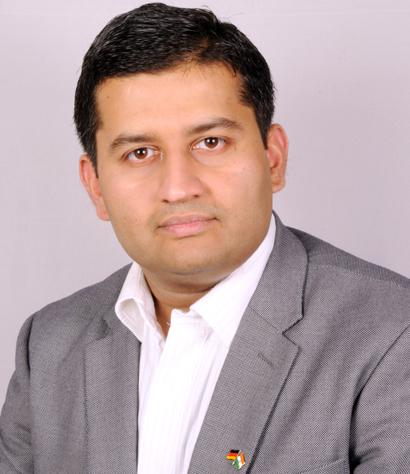
Affordable and reliable launch vehicles: challenges and opportunities by Dr. C.V.S. Kiran (Skyroot Aerospace, India)
Dr. Kiran, along with Skyroot Aerospace, recently made history by successfully launching India's first private rocket into space. He began his talk by applauding the Chandrayaan 3 mission, which has opened a new window of opportunity in the space sector. He described various initiatives taken by Skyroot Aerospace. They were additive manufacturers of the cryogenic propulsion Dhavan series, liquid propulsion Raman series, solid propellant Kalam series, and rockets from the Vikram series. He said that Skyroot Aerospace is the first private Indian company to launch a rocket into space. He ended his talk by describing the journey and the future plans of Skyroot.
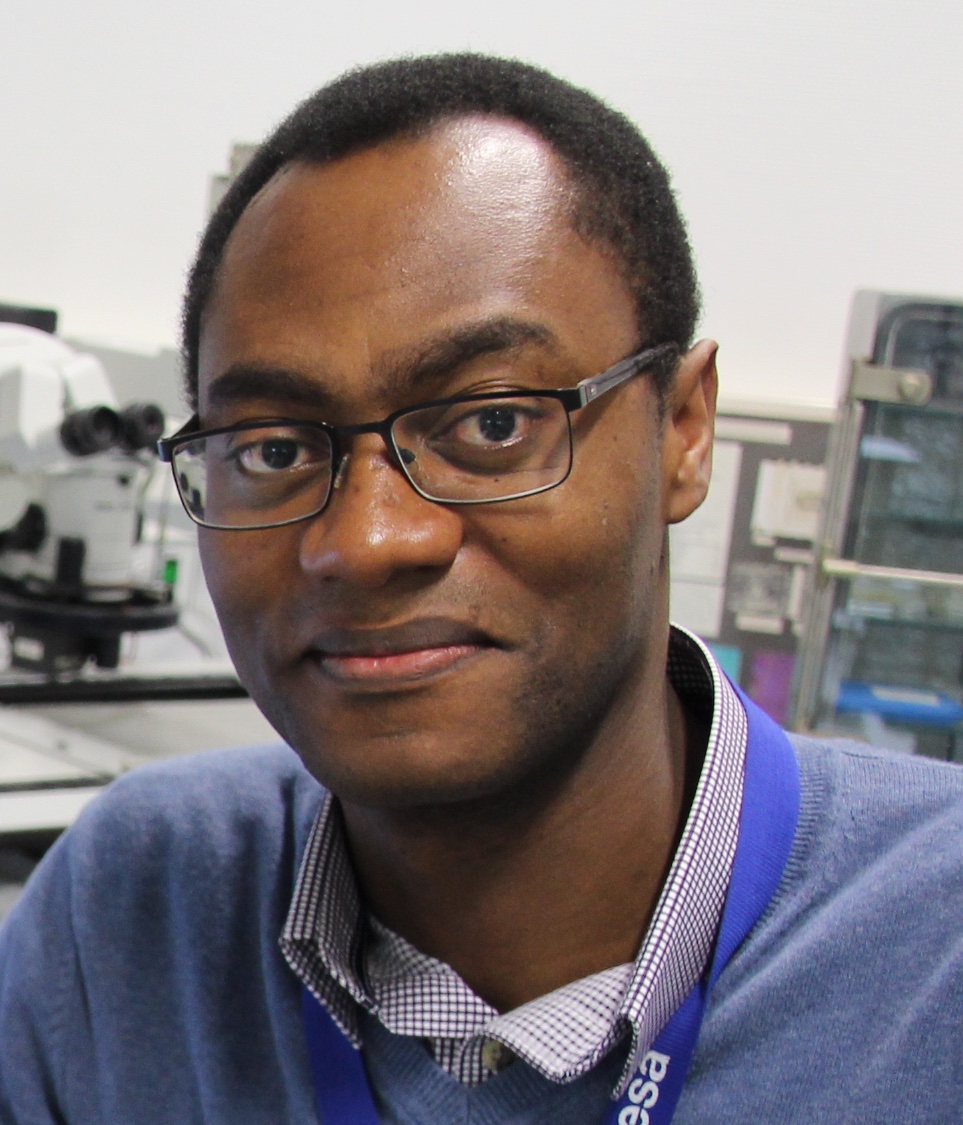
In-situ resource utilization and in-space manufacturing as an enabler for future space activities by Dr. Advenit Makaya (ESA, The Netherlands)
Dr. Advenit Makaya is an advanced manufacturing engineer at the European Space Research and Technology Centre of the ESA. The focus of his talk was on various aspects of manufacturing in space: on-orbit manufacturing, assembly and recycling, performance to launch cost ratio, and sustainability. He discussed various initiatives taken by ESA, like DARPA NOMAD 2021, Clean Space OMAR, China CAST, Out of Earth Manufacturing, Catapult Satellite Applications, and PERIOD. Later, he discussed recycling in space, in-orbit polymer and composite manufacturing, metal manufacturing, and finally commercial manufacturing platforms. He concluded his talk by discussing in-situ manufacturing for surface exploration and various possibilities of space resource utilization.
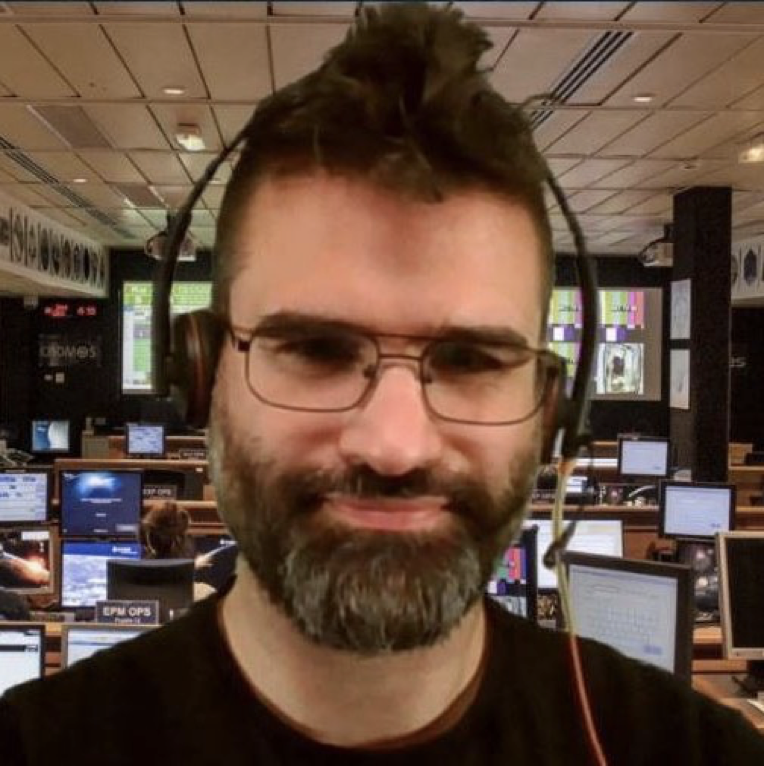
Moon to Mars with Spaceship France by Mr. Gregory Navarro (CNES, France)
Graduated from Polytech's Orléans in Embedded Computer Systems Engineering in 2002, Mr. Navarro first worked in the development of embedded software for aeronautical, military, and automotive systems. His session began with the main aspects of CNES, the French Space Agency, and the global exploration roadmap of the Spaceship FR network until 2023. One of the attractions in his talk were the capstones like autonomous habitat (LISE), robotic assistants, ISRU labs, and infirmaries with food management systems. He concluded his talk by discussing the proof of concept and the synergies and cooperation required by various agencies and commercial organizations.
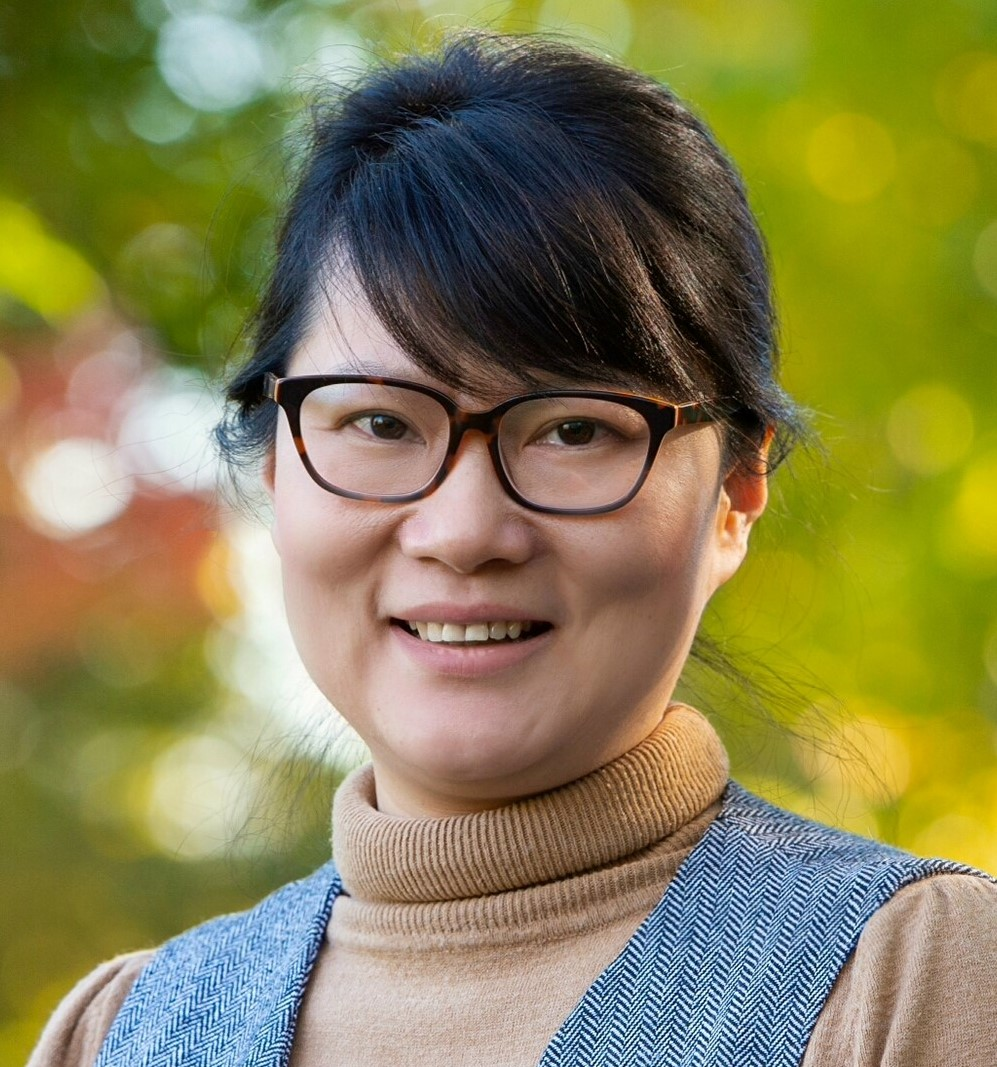
AI Robotics for Sustainable Space Exploration by Dr. Yang Gao (King’s College, England)
Dr. Gao is a Professor of Robotics and heads the Centre for Robotics Research at King's College London. She began her session by explaining the robotic missions so far and how the robots will be the enablers of future space exploration. She shared the experiments from STAR LAB, where in-orbit robotic operation with non-cooperative targets, visual data processing for rovers, and planetary surface data analytics were carried out. One of the interesting demonstrations was autonomous surface mobility and robotic sub-surface locomotion. Both were inspired by the biological locomotion on Earth. Dr. Gao concluded the talk by describing how AI robotics enables sustainable space operations with an example of “strong AI” used in multi-rover scenarios.
e4r: Engineering for Research™
Thoughtworks Engineering for Research e4r(TM) Practice is our initiative to apply computational methods to advance research in the scientific disciplines such as astronomy, physiology, genomics, economics, and disaster response in societies, but not limited to these. With this practice, Thoughtworks is committed to the 14th Engineering Grand Challenge.
Our approach is built upon over 25 years of hands-on experience, paired with our deep technical expertise in the areas that are core to every enterprise’s technology strategy.
The intention is to build a community, working exclusively with research organizations for building tools for scientific exploration, that will enable us to discover patterns, frameworks and computer-science of the third horizon.
Past e4r™ Symposiums

4th edition (2022)
Beyond Moore's Law: the next golden age of computer architecture
In trying to mitigate the fading of Moore’s Law, Turing laureates Dr. John L. Hennessy and Dr. David A. Patterson have said, “High-level, domain-specific languages and architectures, freeing architects from the chains of proprietary instruction sets, along with demand from the public for improved security, will usher in the next golden age of computer architecture.”
The symposium delved into the next 50 years of computing that could be characterized by the above alongside improved software frameworks, next-generation compilers, alternatives to silicon semiconductors and open-collaborative ecosystems.

3rd edition (2020)
Towards the Logic of Scientific Discovery: Will AI ever win a Nobel Prize?
Artificial intelligence will be the fifth paradigm of scientific discovery envisaged by Christopher Bishop of Microsoft. In the past few years, AI and machine learning have disrupted the entire computing arena, along with the speed, accuracy, and methods of scientific discovery. Today, there is a growing community of top-grade scientists who believe that AI can make scientific discoveries on its own and even discover the deeper truths of nature, winning the Nobel prize! At this symposium, luminaries shared their vision and insight on this exhilarating theme.

2nd edition (2019)
Science and Engineering of Complex Systems
Complexity has its roots in fundamental laws of nature, and its study belongs to the post-Newtonian paradigm. Complex systems are massive systems having multiple interacting components. Their design and functions are complicated to understand and verify, and are rarely deterministic. Most importantly, they are highly sensitive to initial conditions. Such systems show "emergent behavior" that is not exhibited by their components. Dignitaries from various fields shared their perspectives and insights on this esoteric branch of engineering at this symposium.
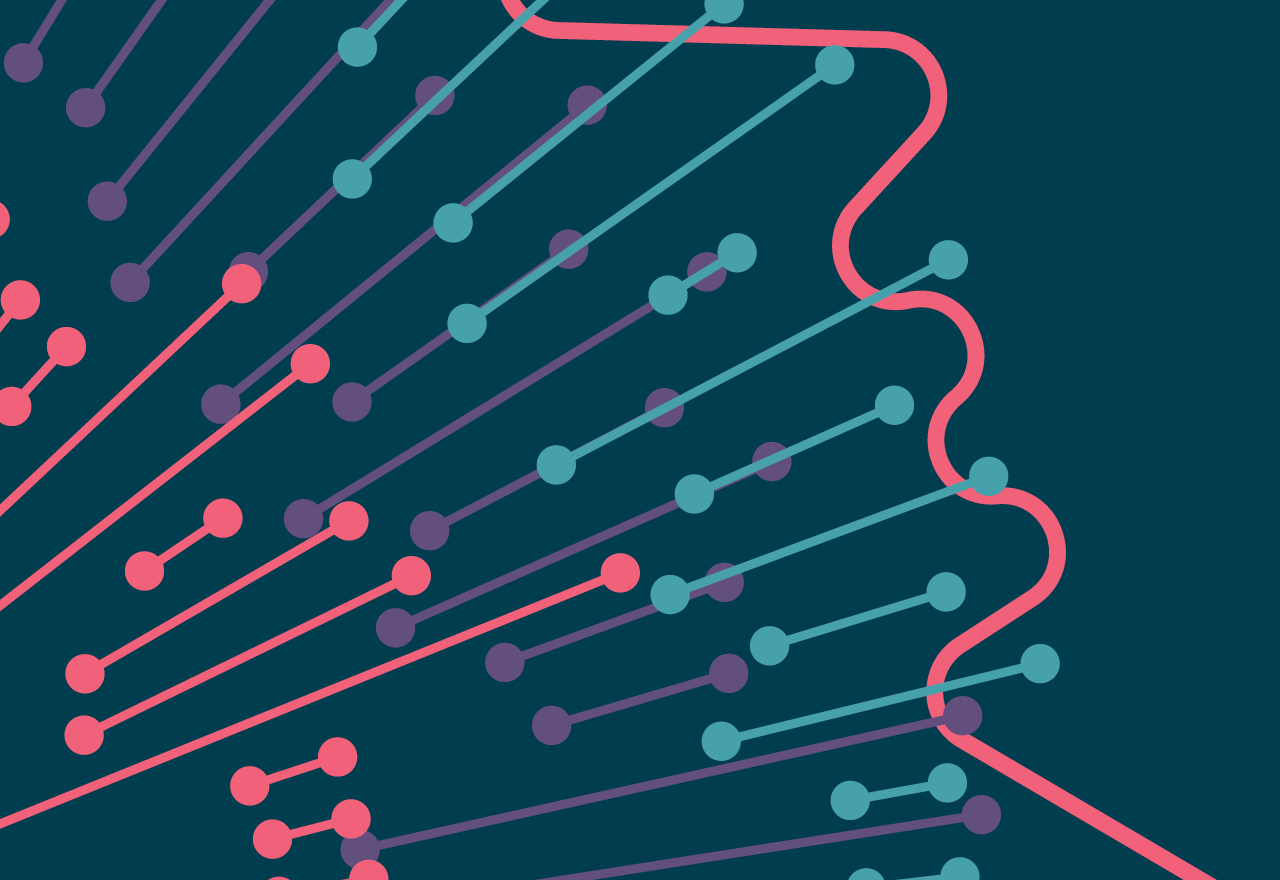
1st edition (2018)
The Fourth Paradigm of Science
Data is the "new oil" and information is the "new currency," said Dr. Mashelkar in his inauguration speech at the symposium. The dawn of the 21st century has pushed the roof of scientific discovery to a new height by developing novel abilities for creating large volumes of data and processing it using path-breaking machine learning techniques. This symposium delved into this trend of big data, AI analytics, and modeling and simulation of modern complex systems.
Past e4r™ Symposiums

4th edition (2022)
Beyond Moore's Law: the next golden age of computer architecture
In trying to mitigate the fading of Moore’s Law, Turing laureates Dr. John L. Hennessy and Dr. David A. Patterson have said, “High-level, domain-specific languages and architectures, freeing architects from the chains of proprietary instruction sets, along with demand from the public for improved security, will usher in the next golden age of computer architecture.”
The symposium delved into the next 50 years of computing that could be characterized by the above alongside improved software frameworks, next-generation compilers, alternatives to silicon semiconductors and open-collaborative ecosystems.

3rd edition (2020)
Towards the Logic of Scientific Discovery: Will AI ever win a Nobel Prize?
Artificial intelligence will be the fifth paradigm of scientific discovery envisaged by Christopher Bishop of Microsoft. In the past few years, AI and machine learning have disrupted the entire computing arena, along with the speed, accuracy, and methods of scientific discovery. Today, there is a growing community of top-grade scientists who believe that AI can make scientific discoveries on its own and even discover the deeper truths of nature, winning the Nobel prize! At this symposium, luminaries shared their vision and insight on this exhilarating theme.















